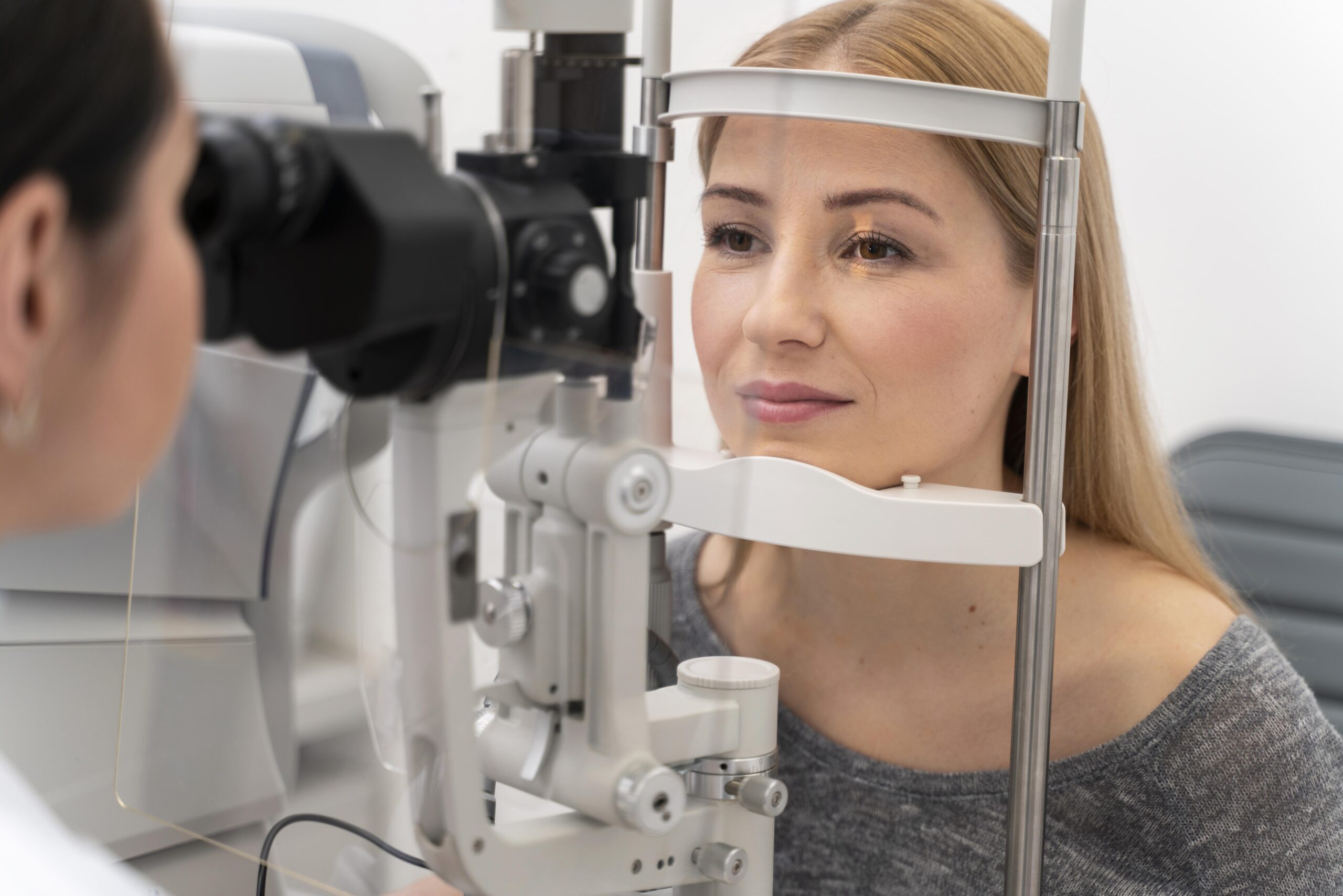Understanding Retinal Disorders and Treatments
The eyes often called the windows to the soul, are intricate organs that allow us to perceive the world around us. Among the many components that make up the eye, the retina plays a crucial role in vision. However, like any other part of the body, the retina is susceptible to various disorders that can impair vision. Understanding these disorders and their treatments is essential for maintaining optimal eye health. In this article, we delve into the realm of retinal disorders and explore the latest treatments available.

Retinal Disorders
The retina is a thin layer of tissue at the back of the eye. It consists of photoreceptor cells that capture light and convert it into electrical signals, which are then transmitted to the brain via the optic nerve, enabling us to see. However, when the retina is affected by a disorder, this process can be disrupted, leading to vision problems.
One of the most common retinal disorders is age-related macular degeneration (AMD), which primarily affects older adults. AMD occurs when the macula, the central part of the retina responsible for sharp, central vision, deteriorates over time. This can result in blurred or distorted vision, making it difficult to read, drive, or recognize faces.
Another prevalent retinal disorder is diabetic retinopathy, which occurs in individuals with diabetes. High blood sugar levels can damage the retina’s blood vessels, leading to leakage, swelling, and the growth of abnormal blood vessels. If left untreated, diabetic retinopathy can cause vision loss or even blindness.
Retinal detachment is a serious condition in which the retina pulls away from the underlying tissue. This can occur due to trauma, aging, or other underlying eye conditions. Symptoms of retinal detachment include sudden flashes of light, floaters, and a curtain-like shadow in the field of vision. Immediate medical attention is crucial to prevent permanent vision loss.
Treatments for Retinal Disorders
Fortunately, advancements in ophthalmology have led to a variety of treatments for retinal disorders, ranging from medications to surgical interventions. At Shree Retina Care, a leading eye hospital in Raipur, Chhattisgarh, patients can access state-of-the-art treatments delivered by experienced eye specialists.
For individuals with AMD, anti-vascular endothelial growth factor (anti-VEGF) injections are often recommended. These injections help reduce the growth of abnormal blood vessels in the retina, slowing the progression of the disease and preserving vision.
In cases of diabetic retinopathy, laser therapy may be used to seal leaking blood vessels and prevent further damage to the retina. This procedure, known as photocoagulation, helps preserve vision and reduce the risk of complications.
Retinal detachment typically requires surgical intervention to reattach the retina to the underlying tissue. At Shree Retina Care, skilled surgeons perform vitrectomy procedures to remove any vitreous gel that may be pulling on the retina and then reattach the retina using special instruments and techniques.
Cataract Treatment
In addition to retinal disorders, cataracts are another common cause of vision impairment, especially in older adults. A cataract is a clouding of the lens in the eye, which can cause blurry vision, glare, and difficulty seeing at night. While cataracts cannot be prevented, they can be effectively treated through surgery.
Cataract surgery involves removing the cloudy lens and replacing it with a clear artificial lens, known as an intraocular lens (IOL). This procedure is performed on an outpatient basis and typically requires only a short recovery period. At Shree Retina Care, cataract specialists use the latest techniques, such as laser-assisted cataract surgery, to ensure optimal outcomes for patients.
Exploring New Frontiers
In recent years, there have been improvements in cataract treatment. Patients now have more options and better outcomes. One of these options is called premium cataract surgery. This type of surgery uses advanced lenses that don’t just treat cataracts but also help with other vision problems like presbyopia and astigmatism.
Another trend in cataract surgery is elective cataract surgery. This is when patients choose to get the surgery before their cataracts become too severe. This approach can significantly improve a patient’s vision and quality of life.
Conclusion
Sometimes, people have problems with their eyes like cataracts or retinal disorders. This can make it hard to see and enjoy things. But at Shree Retina Care, a hospital in Raipur, Chhattisgarh, we can help. We have a team of eye doctors who use the best tools to help people see better. Whether you need surgery or just a check-up, we can help you. Don’t let eye problems stop you from having fun. Come see us and we’ll help you see better!
